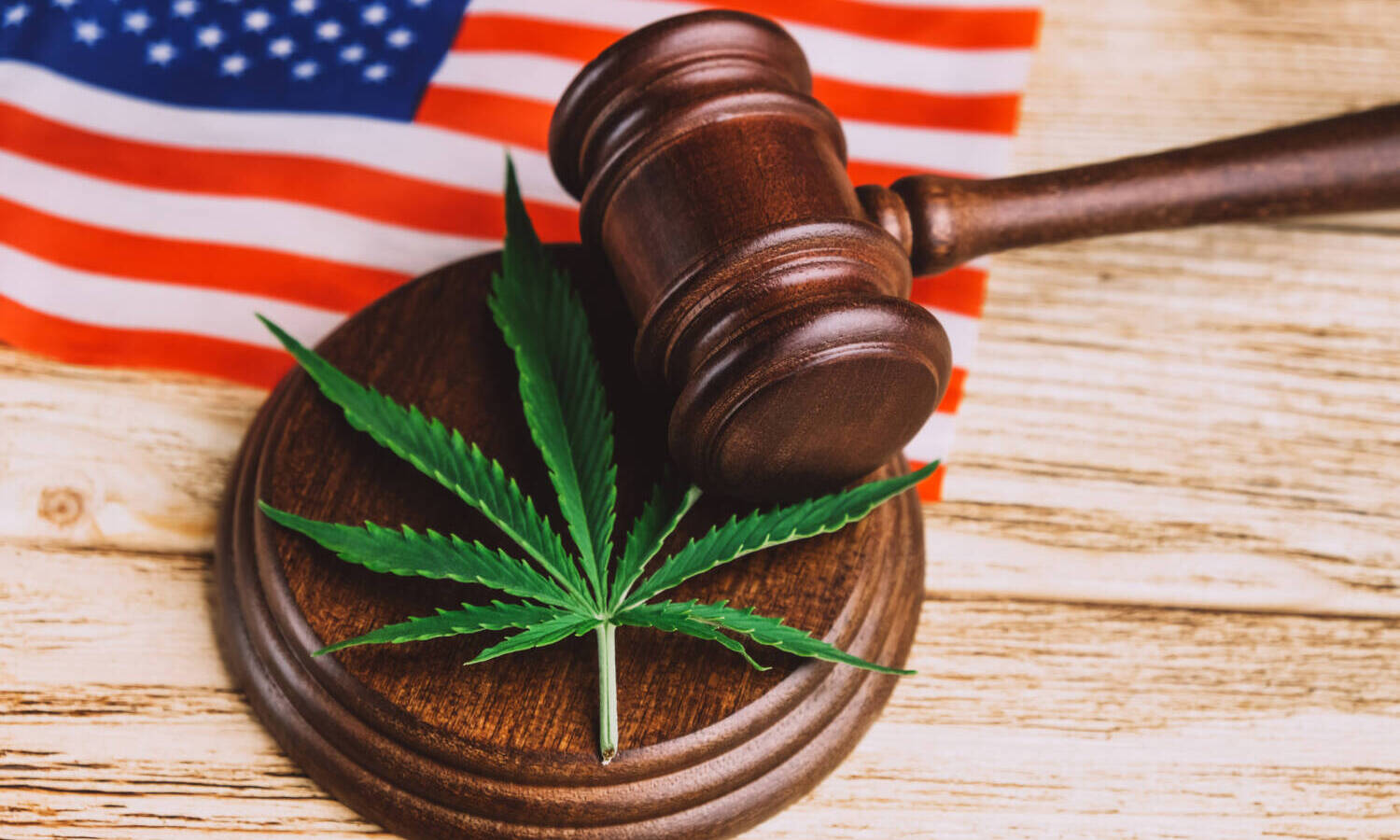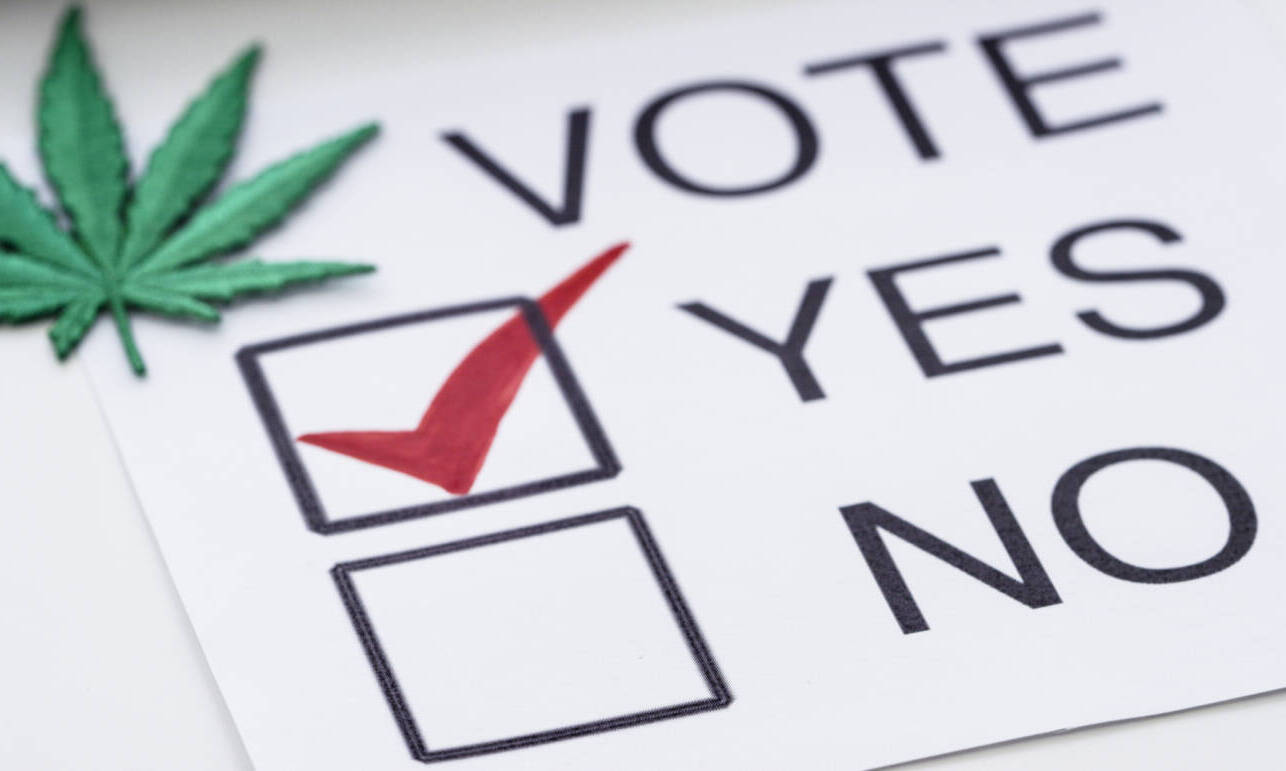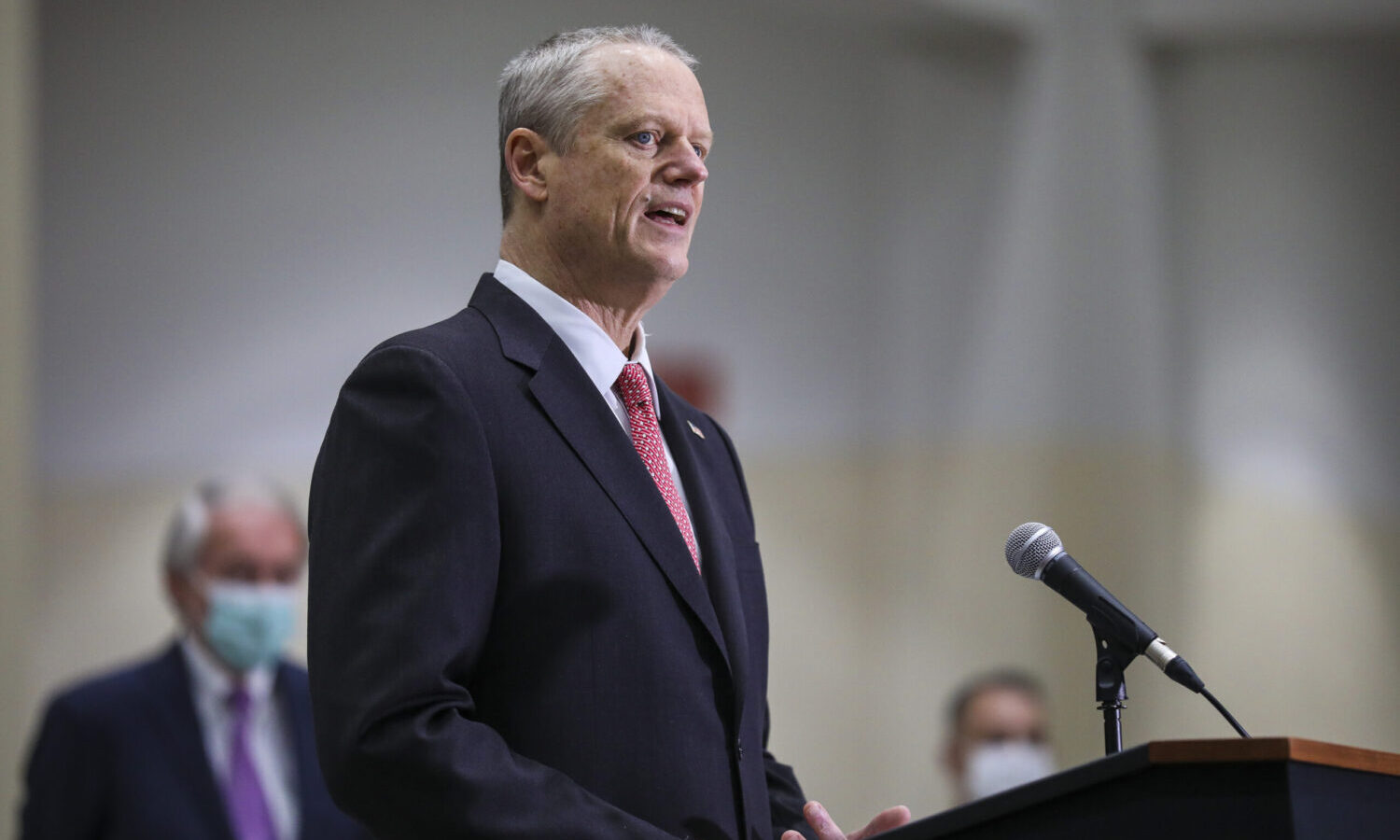By
Massachusetts Gov. Charlie Baker signed into law a marijuana compromise bill addressing social equity and taxes. The Thursday move comes nearly six years after The Bay State legalized recreational cannabis use.
Senate Bill 3096 is aimed at advancing diversity in the sector and regulating the host community agreement (HCA) between cannabis companies and municipalities. It proposes allocating 15% of the money in the Marijuana Regulation Fund, which is fueled by the state’s cannabis excise tax, various operational fees, and industry penalties to a new Social Equity Trust Fund. The task of the new fund will be to provide grants and loans to people from communities most affected by the drug war who are now interested in joining the cannabis industry.
One part of the bill also offers guidelines on a process for cities to allow on-site marijuana consumption establishments or cannabis cafes.

RELATED: Weed Legalization Bill On Massachusetts Governor’s Desk Needs Reworking — Here’s Why
According to Sonia Chang-Díaz, Senate chair of the Cannabis Policy Committee, the compromise bill “takes on some of the industry’s biggest issues.”
The Republican cover only removed one controversial section from the bill – the proposal to conduct a study on medical marijuana use in students during school days reported State House News. The American Academy of Pediatrics had already expressed its opposition to the proposed study on medical marijuana consumption in schools.
No Medical Marijuana In Schools
While Sen. Michael Rodrigues, Ways and Means committee chairman and lead Senate conferee, said earlier that the study could help students who would largely benefit from medical cannabis, the American Academy of Pediatrics (AAP) didn’t agree.
“The AAP opposes medical marijuana outside the regulatory process of the US Food and Drug Administration,” an academy spokesperson told the Boston Herald.
The association of pediatricians says there is not enough data on proper dosing and side effects to make a decision.
“There are no research studies on the use of medical marijuana in teens, so actual indications, appropriate dosing, effects, and side effects are unknown. The only data available on medical marijuana in the pediatric population are limited to its use in children with severe refractory seizures,” the organization advised parents.
The governor agreed with the AAP on this proposition, deciding to leave it out of the marijuana compromise bill.
Baker said the measure as written “is highly prescriptive — making it clear that the agencies charged with producing the study must identify ways to make medical marijuana widely available within schools, rather than considering whether such an allowance is advisable.
RELATED: Pediatric Poisonings Rise With Growth Of Cannabis Sales In Massachusetts
“The voter initiatives that legalized medical marijuana in 2012 and 2016 included strong measures to keep marijuana away from K-12 schools and school children. Both laws explicitly stated that marijuana would in no circumstance be permitted on school grounds,” the governor wrote in a letter to lawmakers. “Because the study proposed in section 26 clearly works against these important and well-established protections and disregards the clear intentions of the voters in legalizing marijuana use, I cannot approve this part of the bill.”

Monumental Step
At a Cannabis Control Commission meeting, several hours before the governor signed the bill, commissioner Ava Callender Concepcion urged her colleagues to take a minute to “recognize the significance of this moment and the magnitude of this impact. By no means am I saying that this single piece of legislation will solve every issue that’s facing the cannabis industry, but it is a massive step,” she said. “This is monumental.”
Chang-Díaz, commented, “This law will rebalance the playing field, where so far wealthy corporations have been able to buy their way through the licensing process and too many local, small business owners and Black and brown entrepreneurs have been locked out. The reforms and funding we fought so hard for will be game changers, putting Massachusetts back among the leading states for racial justice in our economic policy on cannabis. I’m so grateful to the many community members and grassroots leaders who came together and held the state’s feet to the fire to make this happen.”
Shanel Lindsay, a marijuana advocate who took part in the 2016 initiative petitions said that the governor and lawmakers “have made history with this vital — and overdue — grant and loan fund.
“This bill is an important step forward in undoing the harms of prohibition and over-policing and will provide an important path for families of color to create jobs in their community and generate generational wealth,” stated Lindsay, who is also co-founder of Equitable Opportunities Now.
This article originally appeared on Benzinga and has been reposted with permission.


